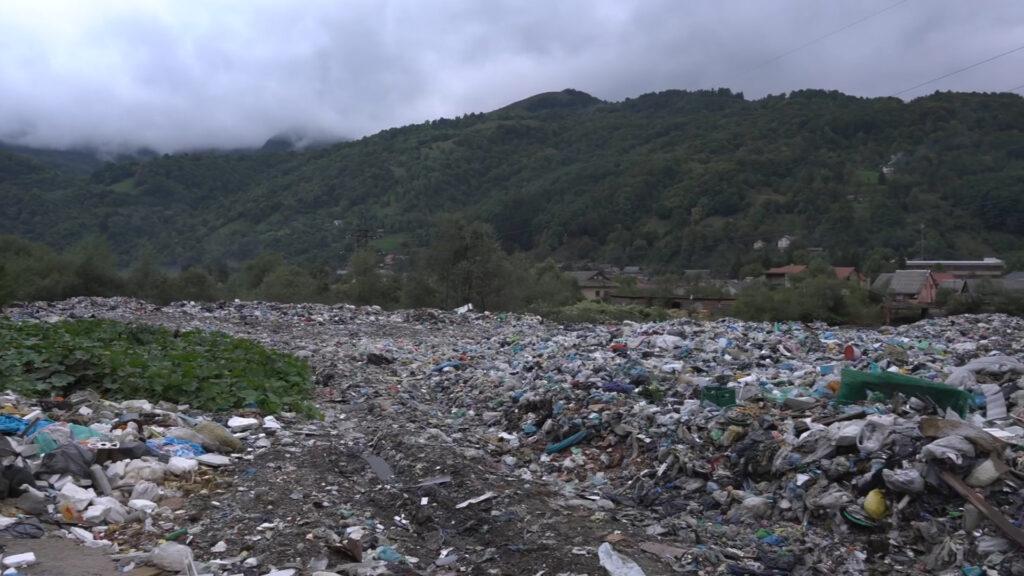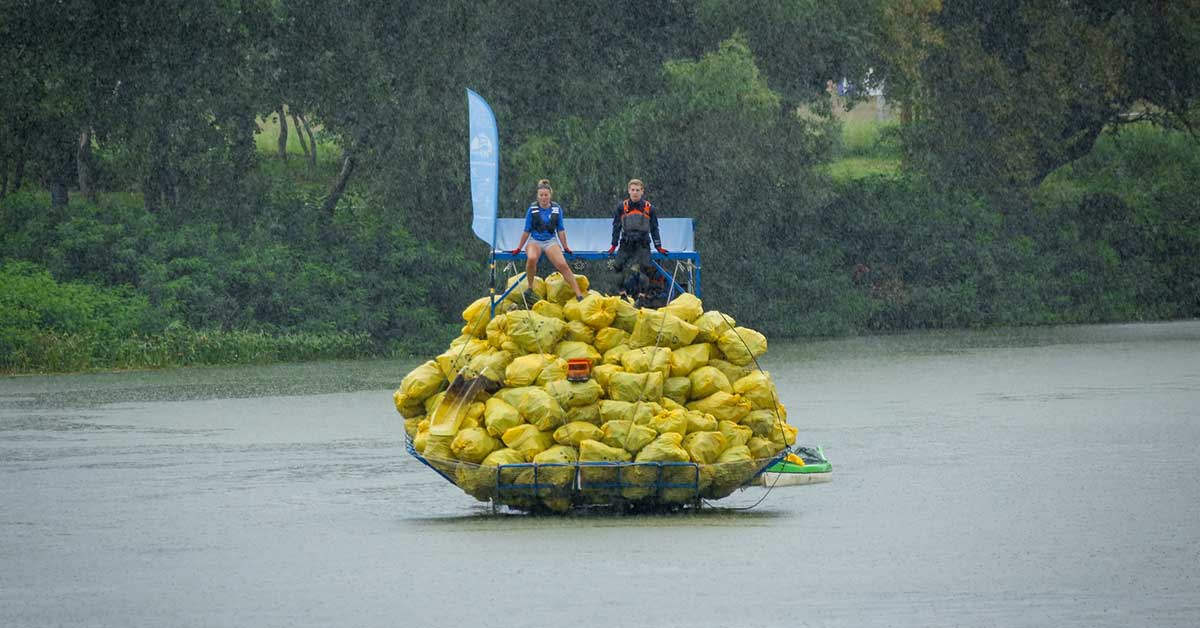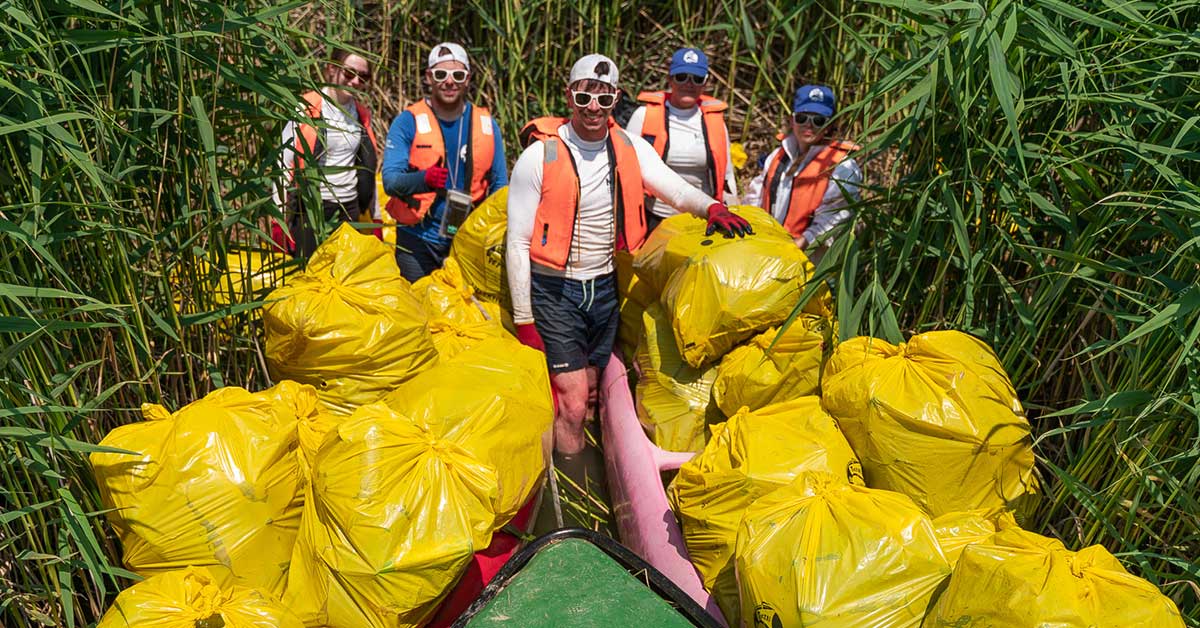Many people are unaware of the ecological problem of the growing pollution of Tisza river, which is affecting not only the immediate surroundings of the river but Europe as a whole.
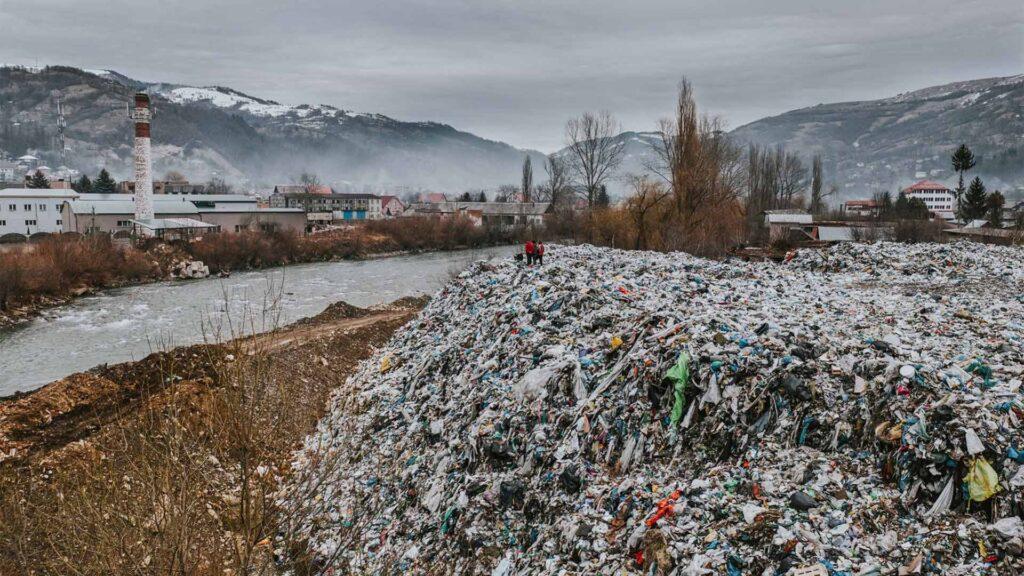
Ljasuk Dimitry’s documentary, the Garbage Express (2021) explores this issue while presenting a cross-border collaboration between many good people and companies.
The Hungarian-Ukrainian director’s mission is to make the Transcarpathian population and decision-makers think and change about the frustrating amount of rubbish flooding Tisza. The director grew up around the Tisza, its condition and protection is a matter of his heart, therefore this is his second documentary on this subject. Kuka Expressz was preceded by his other film In the Name of the Tisza, which won the 1# prize of the International Nature Film Festival Gödöllő and the special prize of channel M5 (cultural channel in Hungary). Nearly 2000 films (from 98 countries) were nominated at the festival.
In Garbage Express we can learn that the pollution of the river is already starting at the Ukranian section, from the source of Tisza itself. The situation in Transcarpathia is not that simple: various economic, social and societal problems make the daily lives of the locals here more difficult, which contributes greatly to the waste management problems of the countryside. But besides the sad situation, the director also presents the beauties of this gorgeous landscape.
One of the main problems to be solved in Ukraine is the legal landfill in the vicinity of the source, which is located directly on the riverbank of Tisza. One of the major dangers is the continuous infiltration of contamination into the soil from the landfill of Rahó. The other, even bigger problem is that a possible flood would wash all the waste into the river without any hindrance.
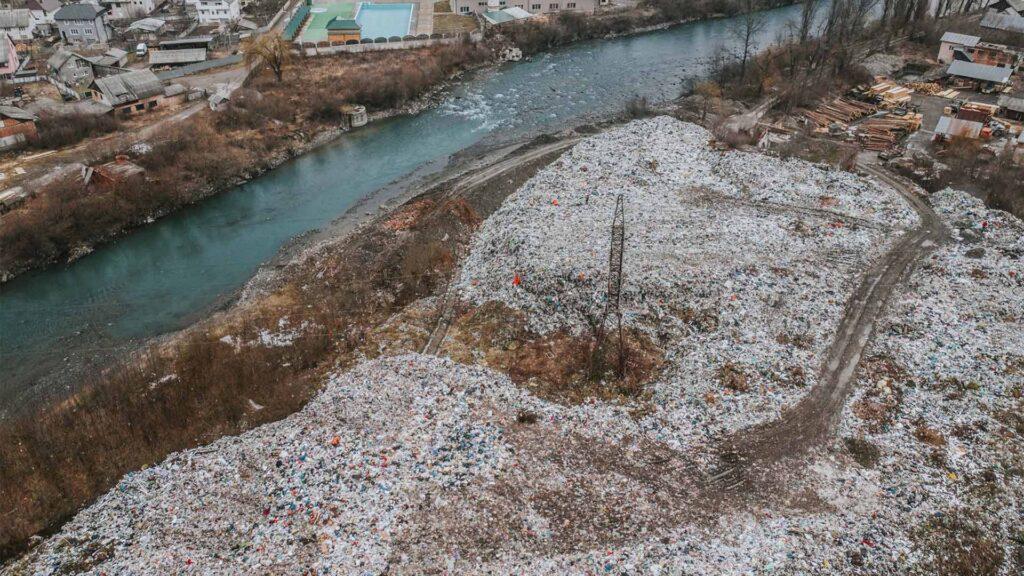
In the film, the director, walking on the top of the rubbish dump at the scene, hardly believes his eyes.
“For me, this place is a symbol of human irresponsibility. It is as if it shows the relationship of all mankind to nature. We know what we’re doing, we know it’s not good, we know we should act, but due to our convenience and excuses, nothing happens. This is how we make the planet uninhabitable in front of our own eyes.” – Ljasuk Dimitry.
Of course, the negligence of ordinary people also contributes to the pollution of the river. The garbage left and thrown away in nature and everything that can be experienced at the source of Tisza is not a unique issue. The Tisza flows through five countries, bringing huge amounts of waste during flooding. The catchment area of Danube covers 17 countries, with a total of 42 large tributaries, the largest of which is the Tisza.
Some of the organic waste going into the water is broken down, but detergents, sewage and oil kill crayfish, algae and fish. Some of the waste is deposited in the riverbed, while glass and plastic continue to float.
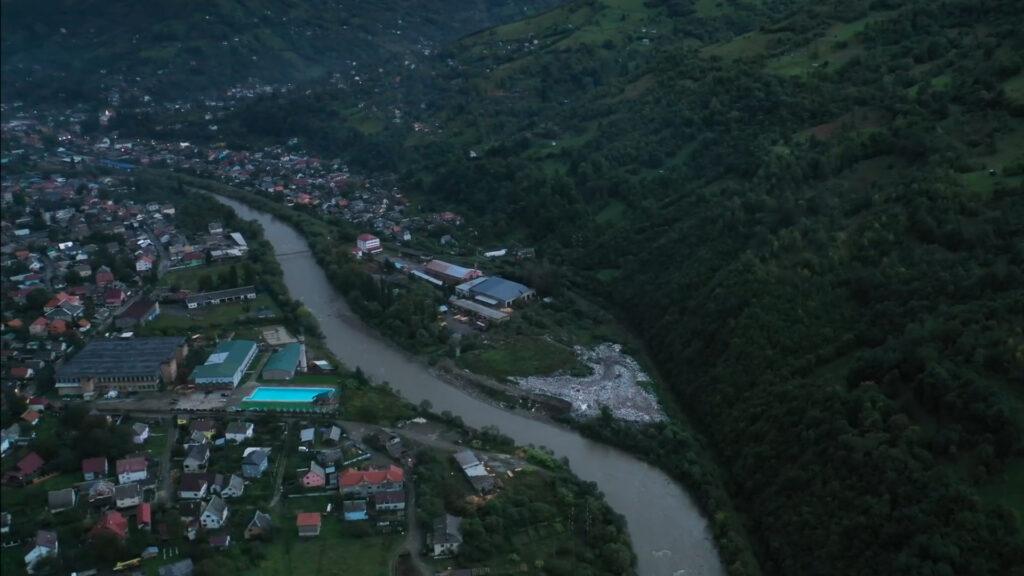
But what will happen in the spring, when the river swells from the melting and rainfall, and it will continue to transport waste across countries, across borders, causing immeasurable damage to our nature? It is wrong, we must act now.
